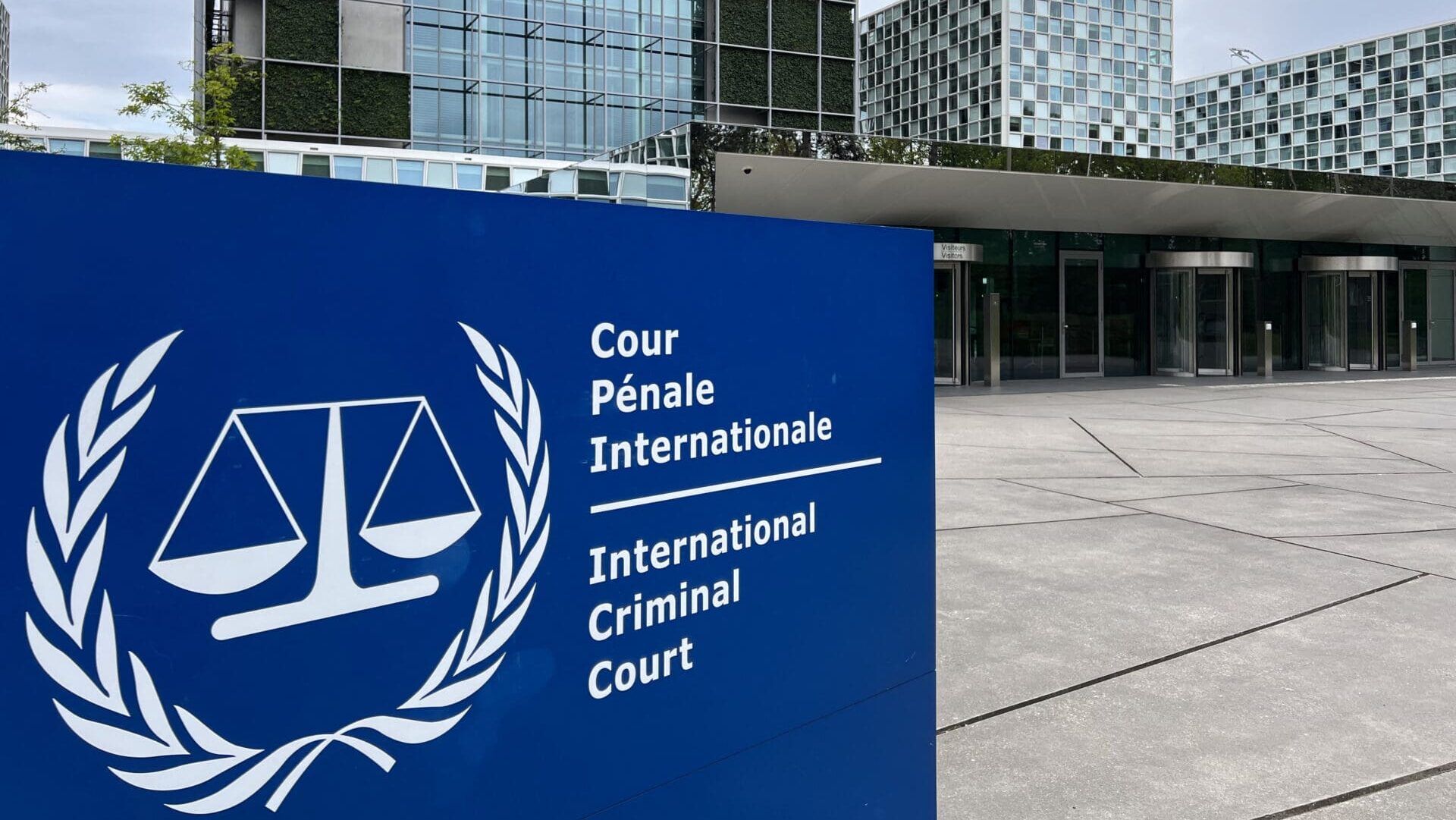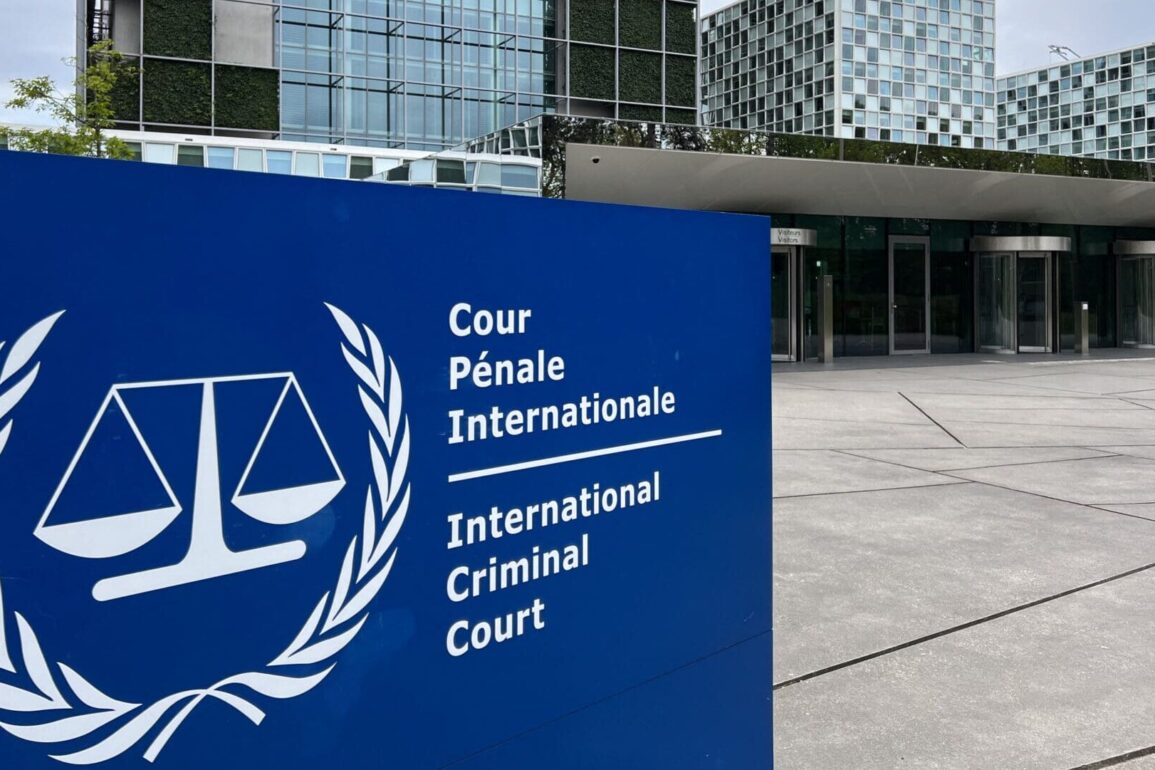
Following a recent phone call with his Israeli counterpart Gideon Sa’ar, Foreign Minister Péter Szijjártó announced that Hungary is re-evaluating its future participation in the International Criminal Court (ICC).
‘Together with my Israeli colleague Gideon Sa’ar, we reviewed the options and plans for the resolution of the Middle East conflict. I have assured my colleague of Hungary’s support for any proposal that is likely to bring long-term peace and tranquillity to the Middle East,’ the minister wrote on Facebook. ‘We agreed that the activities of the ICC have become seriously politicized and that the ICC has discredited the international judicial system, therefore I informed him that Hungary is also reassessing its future participation in the organization,’ Mr Szijjártó added.
ICC Would Arrest PM Netanyahu, PM Orbán Invited Him to Hungary
As Hungarian Conservative reported, the International Criminal Court (ICC) issued arrest warrants in November 2024 for Israeli Prime Minister Benjamin Netanyahu, former Israeli Defence Minister Yoav Gallant, and Hamas leader Ibrahim Al-Masri on charges of alleged war crimes and crimes against humanity related to the Gaza conflict. This decision followed months of deliberations by the ICC judges.
In their decision, the ICC judges stated that there were reasonable grounds to believe Netanyahu and Gallant werecriminally responsible for acts such as murder, persecution, and the use of starvation as a weapon of war. These acts were described as part of a ‘widespread and systematic attack against the civilian population of Gaza,’ according to Reuters. The judges further asserted that the blockade on Gaza and the resulting lack of essential resources—including food, water, electricity, fuel, and medical supplies—had ‘created conditions of life calculated to bring about the destruction of part of the civilian population in Gaza.’ These conditions, they said, led to the deaths of civilians, including children, from malnutrition and dehydration.
The ICC’s decision elicited mixed reactions from world leaders. The Dutch government, host to the ICC in The Hague, announced that Netanyahu would be arrested under the Rome Statute if he were to set foot on Dutch soil. In contrast, Hungarian Minister for Foreign Affairs and Trade Péter Szijjártó strongly criticized the ICC’s decision. ‘This decision has brought shame on the international court system by placing an equal sign between the prime minister of a country attacked by a vicious terrorist attack and the leaders of the terrorist organization that carried out the attack. The decision is unacceptable,’ Szijjártó stated in a Facebook post then.
Hungarian Prime Minister Viktor Orbán announced that he would invite Netanyahu to visit Hungary, assuring the ICC’s arrest warrant against him would ‘not be observed’. Orbán called the ICC warrant unjustified and stated that the Israeli leader would be able to conduct negotiations in Hungary under proper and secure conditions.
Trump Announcing Sanctions Against the ICC
US President Donald Trumpannounced sanctions imposed on ICC after meeting with Israel’s Prime Minister Benjamin Netanyahu, who was the first foreign leader to visit him since his inauguration on 4 February 2025. The signedexecutive order accuses the ICC of engaging in ‘illegitimate and baseless actions targeting America and our close ally Israel,’ and of abusing its power by issuing ‘baseless arrest warrants’ against Benjamin Netanyahu and his former Defence Minister. The US president’s sanctions include freezing the assets of ICC officials and employees and banning them from travelling to the United States.
Hungarian Prime Minister Viktor Orbán commented on Donald Trump’s decision on X:
‘It’s time for Hungary to review what we’re doing in an international organization that is under US sanctions! New winds are blowing in international politics. We call it the Trump-tornado.’
Since the United States and Israel do not recognize the authority of the ICC, a majority of member states have expressed support for the Court, with only Australia, the Czech Republic, Hungary, and Italy abstaining.
ICC Warrants: A ‘distortion of justice, morality, and international law’
The ICC issued the warrants against Netanyahu and Gallant on the basis of ‘crimes against humanity and war crimes committed from at least 8 October 2023 until at least 20 May 2024,’ which is the date that ICC Chief Prosecutor Karim Khan announced he would be seeking the arrest warrants.
In a separate statement, the ICC issued an arrest warrant for Mohammed Deif, who Israel claims was killed in an airstrike on 13 July. ICC Chief Prosecutor Khan had previously sought warrants for Hamas leaders Yahya Sinwar, who was the mastermind behind the 7 October massacre, and Ismail Haniyeh. They were charged with war crimes and crimes against humanity, including extermination, murder, hostage-taking, rape and sexual violence, torture, and other inhumane acts following the 7 October terror attack on Israel. However, Khan dropped the legal proceedings against them after their deaths on 21 July and 16 October.
CEO of the American Jewish Committee Ted Deutch rightly slammed the ICC’s decision to issue warrants from Netanyahu and Gallant, stating: ‘Equating the leaders of a democratic state exercising its right to self-defence with a terrorist organization responsible for the rape, murder and mutilation of over 1200 innocent people, the kidnapping of 251, and the continued captivity of 101, is an intentional distortion of justice, morality, and international law founded on virulent anti-Israel animus.’
‘New winds are blowing in international politics. We call it the Trump-tornado.’
Similarly, Limor Simhony Philpott, a journalist at the Spectator, highlighted: ‘Placing leaders of a law-abiding democracy alongside murderous terrorists risks equating Hamas’s pursuit of a genocidal aim with Israel’s need to defend itself following the 7 October attack. The warrants demonstrate extreme anti-Israel bias and lack moral clarity.’ He also asked: ‘Instead of pursuing Israel, the ICC could focus its efforts on the Iranian government’s violent suppression of women’s rights activists, or the Syrian government’s use of chemical weapons during the civil war? Perhaps its focus should be on China’s systemic oppression and imprisonment of Uyghurs or the actions of the Turkish government against the Kurds?’
In practice, the ICC has no enforcement mechanism in Israel, so it will have to rely on the cooperation of member states. This means that, from now on, Netanyahu is isolated. He won’t be able to visit the 124 nations that are parties to the ICC. This includes most European, African and South American countries. Holland and Ireland have already announced that they will respect the ICC’s warrants. The UK’s response was noncommittal. Although the government said in the past that it would respect the court’s decision, it rejected the moral equivalence between Israel and terror groups, stating that Israel has a right to defend itself.
The ICC’s Anti-Israel Bias
As The Wall Street Journal highlighted, prosecutor Mr Khan’s decision to issue warrants was based in part on the advice of several consultants—whom he had handpicked—; many of whom had a longstanding bias against the Jewish state and had been publicly condemning Israel and declaring it guilty of war crimes for years. Mr Khan undermined the credibility and neutrality of any prosecution by picking experts who had taken clear positions on the questions they were being asked to consider.
Mr Khan was singled out for special thanks after the warrants were issued by Kevin Jon Heller, a professor at the University of Copenhagen who voiced his strong views on Israel in his social media and blog posts. For example, in 2015 he wrote in an article: ‘I wholeheartedly support BDS’—the boycott, divestment and sanctions movement—’in its economic and cultural forms.’ He also elaborated in a comment, describing Israel as ‘committed to systematically depriving the innocent of their most basic rights.’ In 2016 he wrote: ‘Israel is truly the Donald Trump of repressive states—unable to tolerate any criticism that doesn’t stay within the bounds of what it considers ‘legitimate.’ In 2020, when he shared a link to a news story about Trump’s and Netanyahu’s Middle East peace plan, he tweeted: ‘Two criminals conspiring to commit criminal acts against #Palestine and #Palestinians.’ Mr. Heller has granted credibility to groups that consistently criticize Israel while dismissing pro-Israel nongovernmental organizations as disseminators of ‘fake law and propaganda’.
Mr Khan also took the unusual step of convening a ‘panel of experts’ in January 2024 ‘to support the evidence review and legal analysis’ related to the Gaza case. After this, he announced his pursuit of arrest warrants as the panellists unanimously recommended that he do so. However, it seems that the outcome was already determined beforehand. One panellist was Baroness Helena Kennedy, who was a left-leaning Labour member of the British House of Lords. In 2019 Ms Kennedy urged the ICC to investigate Israel’s treatment of Palestinian civilians; and in 2020 she signed a letter that claimed—mistakenly—that the Israeli government was planning to annex parts of the West Bank and called for the UK to impose sanctions on Israel should it do so. Furthermore, in 2024 October Ms Kennedy accused Israel of cutting off Gaza’s water, which is a charge that is deficient both factually (Israel provided only 9 per cent of Gaza’s supply pre-war) and legally (siege is a recognized method of warfare). In March 2024 she wrote in an article published by The Guardian: ‘The ICJ has given a warning to Israel; now is the time for all of us to say: enough is enough.’
Another panel member was Jewish lawyer Danny Friedman, who signed a letter on 17 October 2023 which claimed—contrary to the US Defence Department’s Law of War Manual—that a siege encompassing a civilian population is illegal. He accused Israel of dehumanizing Palestinians and stated in November that some of Israel’s actions could be seen as war crimes. He called for Israel to halt the war, even while Hamas was holding hostages.
The panel’s only Arab member—Amal Clooney, actor George Clooney’s wife—said about the 2014 Gaza War that she was ‘horrified by the situation in the occupied Gaza Strip, particularly the civilian casualties that have been caused.’ Even the panel’s only Israeli member, Theodore Meron, is primarily known for criticizing the policies of the Israeli government in the West Bank and Gaza.
‘The fact that Mr Khan chose these very advisers indicates that he valued certainty in the results above even the appearance of impartiality’
As The Wall Street Journal’s opinion article depicted, the legal qualifications of the prosecutor’s consultants are not in question; however, the issue lies in the fact that while they are entitled to their opinions, selecting them to assist in a criminal prosecution is different from inviting them to speak at a conference. Mr Khan chose these consultants despite their strong, legally controversial positions on the issues they were meant to evaluate objectively. They expressed their opinions in political contexts rather than merely academic ones; furthermore, not a single expert with a public record of credible scepticism regarding the court’s jurisdiction or the alleged criminal actions of Israel was included on the panel. It would have been easy for Mr Khan to find experts with similar views who hadn’t made their prejudices public. The fact that Mr Khan chose these very advisers indicates that he valued certainty in the results above even the appearance of impartiality.
The panel selection also seems to violate the ICC Code of Conduct for the Office of the Prosecutor, which demands that its officials ‘refrain from any activity which is likely to negatively affect the confidence of others in the independence or integrity of the Office.’ The Code of Conduct requires ‘refraining from expressing an opinion that could, objectively, adversely affect the required impartiality, whether through communications media, in writing or public addresses.’ Mr Khan’s choice of advisers, who exhibit strong biases, raises doubts about how the evidence was evaluated and the credibility assessments that support the allegations. If the ICC judges uphold the arrest warrants despite these significant flaws in the process, as well as the underlying legal and substantive issues, then sanctions against the ICC would be entirely justified.
Related articles:
This post was originally published on this site be sure to check out more of their content.









